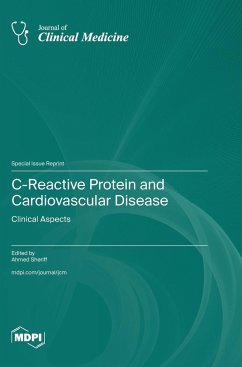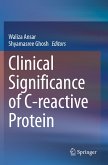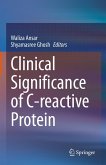This Special Issue focuses on the clinical relevance of the C-reactive protein. Most physicians are familiar with it as a diagnostic biomarker. Only a few have realized that it can be a pathomolecule. After all, the biomarker is, of course, not a physiological function. The main task of CRP is to mark cells to be disposed of, which has been shown for decades in various animal models and has been broken down into molecular detail. The articles presented in this Special Issue reveal a broad spectrum of indications with CRP involvement. The reports unanimously support the view that CRP has a dark side. In addition to this new perspective on the pathological properties of CRP, two other new aspects are crystallizing. One is that the initial rate of CRP synthesis in an acute illness such as sepsis or myocardial infarction allows an excellent prognosis in terms of mortality or cardiac function/scar area. The other is the surprising finding that CRP impairs the desensitization of GPCRs without the need for any further damaging process.
Hinweis: Dieser Artikel kann nur an eine deutsche Lieferadresse ausgeliefert werden.
Hinweis: Dieser Artikel kann nur an eine deutsche Lieferadresse ausgeliefert werden.








